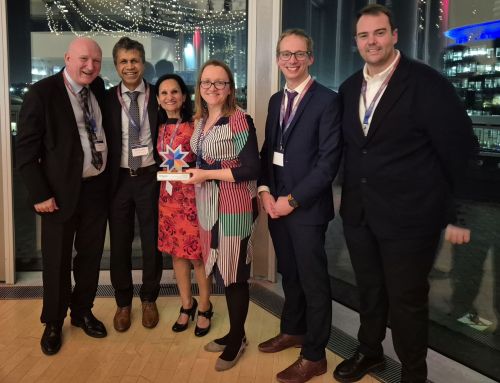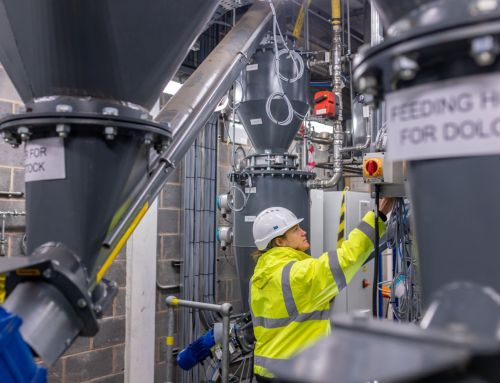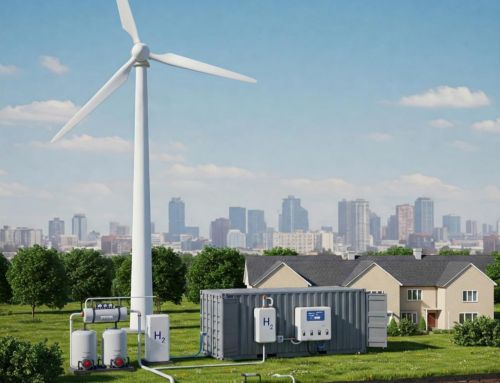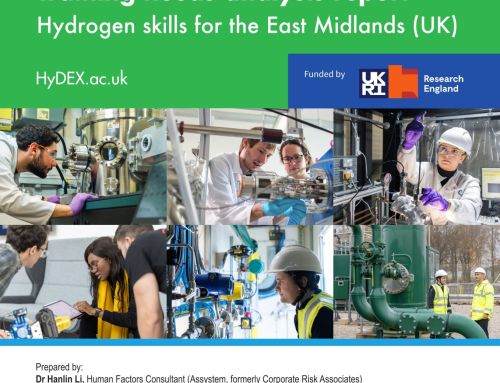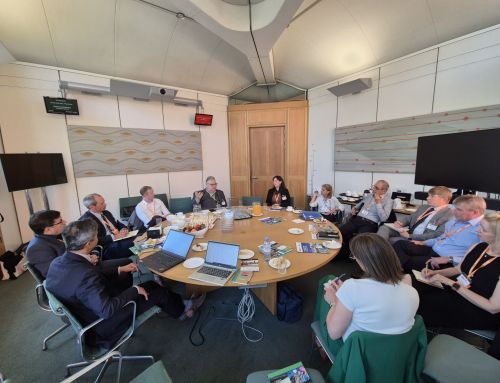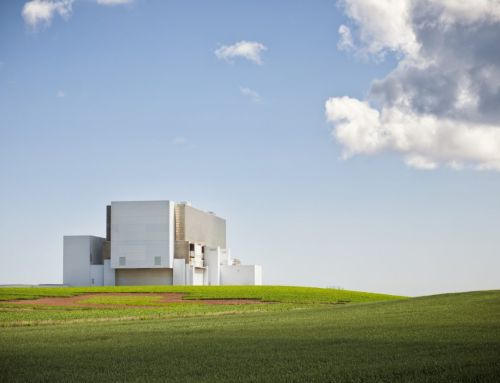Midlands Partners Collaborate To Unlock The UK’s Hydrogen Potential for Road Freight
ERA and partners across the Midlands, are collaborating to position the region as a world leader in the development and use of hydrogen as an alternative fuel.
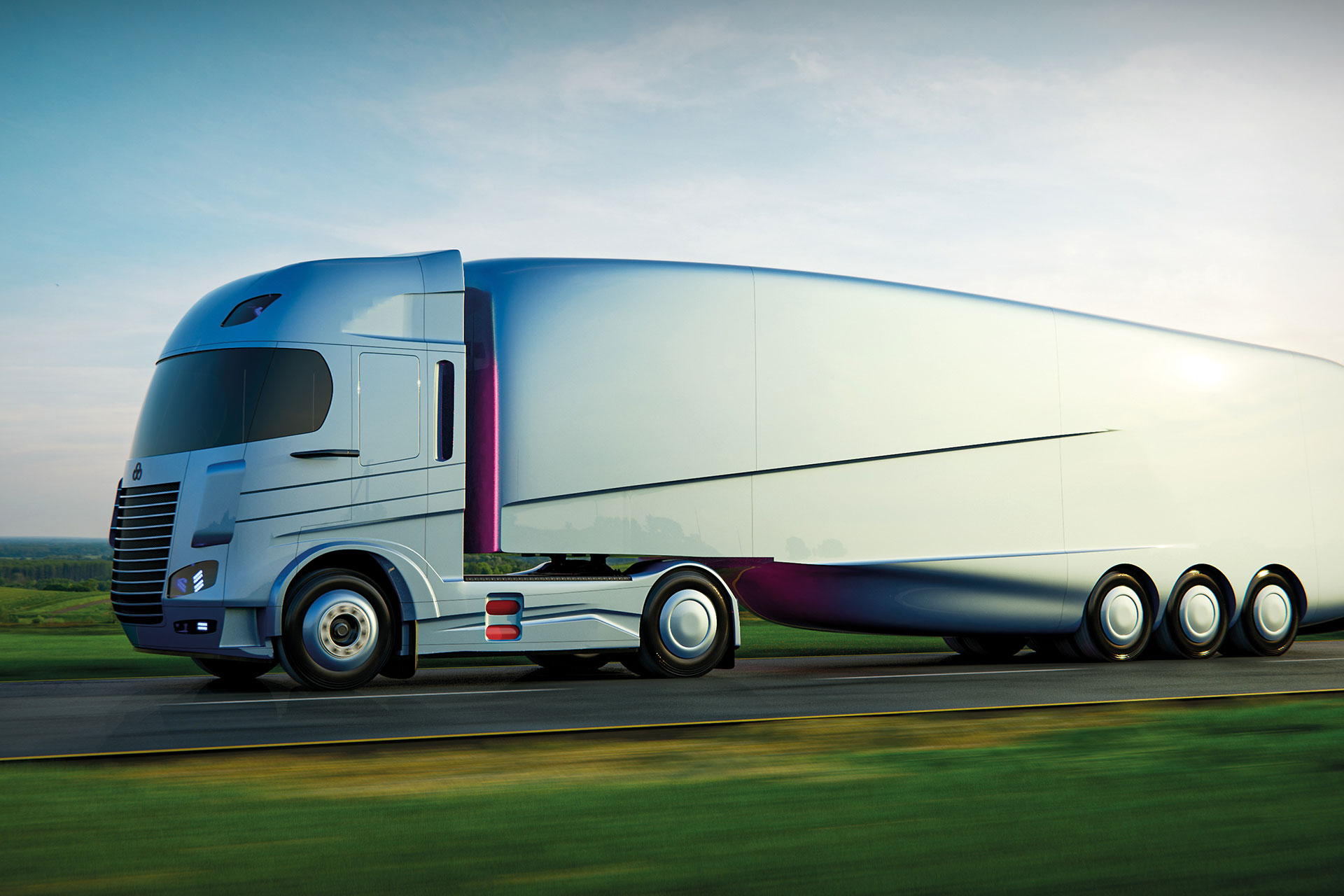
Midlands Partners Collaborate To Unlock The UK’s Hydrogen Potential And Cut Emissions Following Fresh Round Of Funding From The Department For Transport’s Zero Emission Road Freight Programme
- Currently, freight contributes 21% of the Midlands’ road-based transport carbon emissions, higher than any other UK region
- A hydrogen economy has the estimated potential to create or safeguard 167,000 jobs, provide £10bn GVA to the Midlands and UK economy and reduce CO2 emissions in the region by 29%
Partners across the Midlands are collaborating to position the region as a world leader in the development and use of hydrogen as an alternative fuel. The Energy Research Accelerator, EDF, the Midlands Engine, and Cenex have been working closely to explore the potential of hydrogen use across the Midlands and beyond, to develop clean, hydrogen powered heavy goods vehicles (HGVs) which would slash emissions across the UK.
Currently, freight contributes 21% of the Midlands’ road-based transport carbon emissions, higher than any other UK region. It is essential therefor that the Midlands leads in the decarbonisation of freight and utilises the growing momentum across the region in the development of hydrogen. Recent work to drive the hydrogen agenda has seen progress move beyond the Midlands with plans to link key transport hubs at Immingham, the UK’s largest port by tonnage and the biggest deep water port on the Humber, East Midlands Airport, the UK’s busiest pure cargo airport, and DIRFT (the largest rail-connected distribution park in the UK) in West Northamptonshire.
This widening of ambition and the diversity of partners is promising for the UK’s vision to transition heavy polluting industries away from fossil fuels. In addition to the many climate benefits, the development of a hydrogen economy in the Midlands also offers opportunities to support the UK in its bid to develop green jobs and build back from the economic damage of the pandemic. The Midlands Engine’s recently published ‘Hydrogen Technologies Strategy’ highlights the potential that hydrogen has to create or safeguard 167,000 jobs, provide £10bn GVA to the Midlands and UK economy and reduce CO2 emissions in the region by 29%.
Andy Street CBE, Mayor of the West Midlands, said: “Our region’s commitment to developing a hydrogen economy continues to accelerate at pace. The Midlands has long been a leader in driving the net zero agenda and through continued collaboration from diverse stakeholders, we can harness this leadership to develop a world-leading stance on hydrogen – particularly when it comes to transport.”
Sir John Peace, Chairman of the Midlands Engine, said: “The Midlands is taking the national lead to pioneer, commercialise and deliver the technologies that will unlock hydrogen opportunities. Our region is the UK’s manufacturing heartland and one of the most important national locations for hydrogen innovation and application, with a unique blend of diverse manufacturing ingenuity and capability, world-leading commercial, industrial and academic innovation, and ideal geographic location.
Faye McAnulla, Programme Director of the Energy Research Accelerator, said: “The Midlands is uniquely positioned to lead the way on hydrogen. Our region’s academic expertise and the ambition of our industry present real opportunities as we look to drive the development of next-generation hydrogen. This leadership on hydrogen is already starting to make its impact felt in the Midlands and the collaboration we’re seeing highlights the opportunity the Region now has to deliver sustainable, high-paid, high skilled jobs, boosting our economy and driving down emissions.”
-ENDS-
For further information contact Orlando Wind-Cowie:
o.wc@lodestonecommunications.com/07707985967
The Energy Research Accelerator
ERA has shaped regional policy, helping to establish Energy Innovation Zones and encompasses large scale demonstration projects such as the Trent Basin in Nottingham, the hydrogen demonstrator on the Keele Campus, the Tyseley Energy Park in Birmingham, the UK Battery Industrialisation Centre in Warwick and the newly established Peterborough Integrated Renewables Infrastructure project. This ability to drive innovation through the technology readiness levels, into real-world, city level projects is what makes ERA unique and provides the platform for the greater push required towards 2050.
